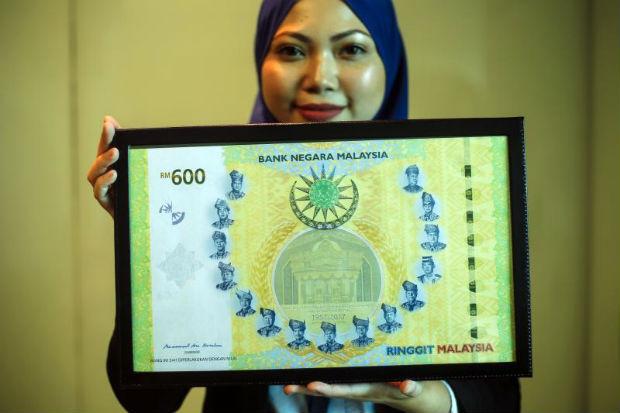Malaysia raises key rate for first time in 3.5 years
KUALA LUMPUR: Malaysia’s central bank on Thursday raised its key interest rate for the first time since July 2014, to tap the brakes at a time growth has been robust and inflation creeping up.
With the economy strong at present, many have anticipated a rate hike well before national elections, which must be held by August.
Bank Negara Malaysia (BNM) raised its overnight policy rate (OPR) by 25 basis points to 3.25%, saying its monetary policy committee “decided to normalise the degree of monetary accommodation” as the economy remains firmly on a steady growth path.
“At the same time, the MPC recognises the need to pre-emptively ensure that the stance of monetary policy is appropriate to prevent the build-up of risks that could arise from interest rates being too low for a prolonged period of time,” the central bank said.
“At the current level of the OPR, the stance of monetary policy remains accommodative,” the central bank said.
BMN said that with the rate hiked to 3.25%, the floor and ceiling rates of the corridor for the OPR were correspondingly raised to 3.00% and 3.50%, respectively.
A slim majority of economists polled by Reuters – six out of 10 – predicted that the central bank would raise its key rate on Thursday.
FIRST IN SOUTHEAST ASIA
Malaysia is the first in Southeast Asia to raise its key rate in years, and the first Asian nation to hike them in 2018, during which many analysts expect the Federal Reserve is increase US rates multiple times, as in 2017.
South Korea raised its rates on Nov 30. The Philippines, which last hiked in September 2014, is expected by many economists to have at least one this year to cool its fast-growing economy.
The last time Malaysia changed its key interest rate was in July 2016, shortly after Britain’s Brexit vote, when it made a 25 basis point cut.
Until Thursday, the last BNM hike was in July 2014, when the key rate was increased to 3.25%.
The central bank said inflation is expected to average lower in 2018, on expectations of a smaller effect from global cost factors. Full year inflation for 2017 came in at 3.7%, near the top of its 3-4% target range.
The ringgit has strengthened to better reflect the country’s economic fundamentals, BNM said. The currency gained nearly 11% against the dollar in 2017, and another roughly 3.5% this year.
Source: https://www.bangkokpost.com/business/world/1401822/malaysia-raises-key-rate-for-first-time-in-3-5-years


 English
English




